AI Reduces CT Lung Cancer Screening Workload by Almost 80%
|
By MedImaging International staff writers Posted on 10 Mar 2025 |

Lung cancer impacts over 48,000 individuals in the UK annually, and early detection is key to improving survival rates. The UK Lung Cancer Screening (UKLS) trial has already shown that low-dose CT (LDCT) screening can save lives by identifying lung cancer in high-risk individuals before symptoms arise. Now, a recent study has demonstrated that artificial intelligence (AI) can greatly enhance the efficiency of lung cancer screening. Published in the European Journal of Cancer, the study indicates that AI can accurately rule out negative LDCT scans, potentially reducing the radiologist’s workload by up to 79%.
In this latest study, researchers from the University of Liverpool (iDNA, Liverpool, UK) and the Research Institute for Diagnostic Accuracy (Groningen, The Netherlands) tested an AI tool developed by Coreline Soft (Seoul, South Korea) using data from the UKLS trial. The AI effectively identified scans without significant lung nodules—accounting for the majority of cases—even among high-risk individuals. This capability allows radiologists to direct their expertise toward cases needing further examination, thereby improving efficiency while maintaining high accuracy in lung cancer detection.
A key finding of the study was that all confirmed lung cancer cases were found among scans flagged by the AI for additional review. This ensures that no cancers were overlooked while significantly decreasing the number of scans requiring manual evaluation. The success of the study was supported by the high-quality radiology reports from the UKLS trial and its long-term follow-up data, which offered a dependable dataset for validating the AI model. Lung cancer screening programs are expanding globally, and AI-powered tools like the one evaluated in this research could play a crucial role in optimizing healthcare resources, lowering costs, and ensuring timely diagnoses. Additional research and validation studies will be necessary to further refine these AI models.
“Implementing low-dose CT screening for lung cancer is highly beneficial, but it comes with logistical and financial challenges,” said Professor John Field, lead author and Professor of Molecular Oncology at the University of Liverpool. “Our research suggests that AI could play a crucial role in making screening programs more efficient while maintaining diagnostic confidence.”
Latest General/Advanced Imaging News
- CT Colonography Beats Stool DNA Testing for Colon Cancer Screening
- First-Of-Its-Kind Wearable Device Offers Revolutionary Alternative to CT Scans
- AI-Based CT Scan Analysis Predicts Early-Stage Kidney Damage Due to Cancer Treatments
- CT-Based Deep Learning-Driven Tool to Enhance Liver Cancer Diagnosis
- AI-Powered Imaging System Improves Lung Cancer Diagnosis
- AI Model Significantly Enhances Low-Dose CT Capabilities
- Ultra-Low Dose CT Aids Pneumonia Diagnosis in Immunocompromised Patients
- Cutting-Edge Technology Combines Light and Sound for Real-Time Stroke Monitoring
- AI System Detects Subtle Changes in Series of Medical Images Over Time
- New CT Scan Technique to Improve Prognosis and Treatments for Head and Neck Cancers
- World’s First Mobile Whole-Body CT Scanner to Provide Diagnostics at POC
- Comprehensive CT Scans Could Identify Atherosclerosis Among Lung Cancer Patients
- AI Improves Detection of Colorectal Cancer on Routine Abdominopelvic CT Scans
- Super-Resolution Technology Enhances Clinical Bone Imaging to Predict Osteoporotic Fracture Risk
- AI-Powered Abdomen Map Enables Early Cancer Detection
- Deep Learning Model Detects Lung Tumors on CT
Channels
Radiography
view channel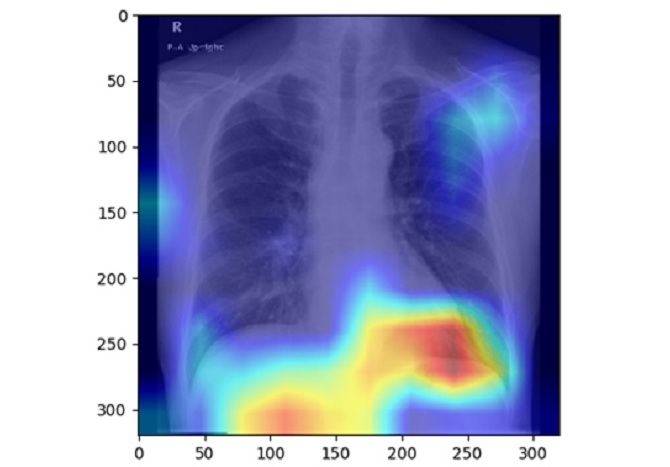
AI Detects Fatty Liver Disease from Chest X-Rays
Fatty liver disease, which results from excess fat accumulation in the liver, is believed to impact approximately one in four individuals globally. If not addressed in time, it can progress to severe conditions... Read more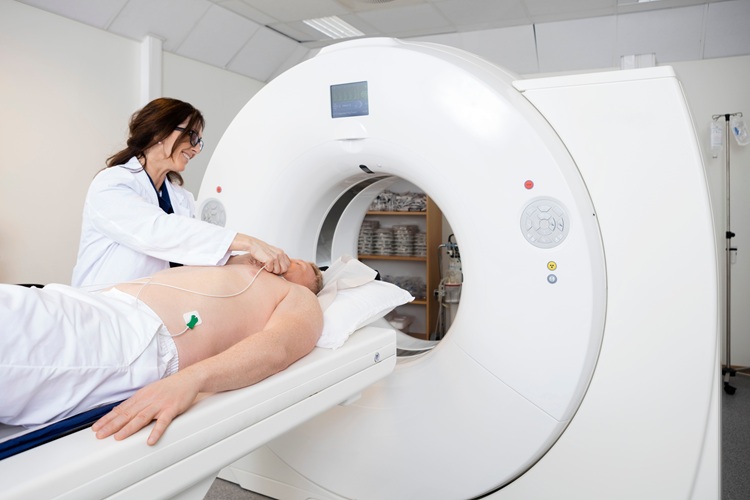
AI Detects Hidden Heart Disease in Existing CT Chest Scans
Coronary artery calcium (CAC) is a major indicator of cardiovascular risk, but its assessment typically requires a specialized “gated” CT scan that synchronizes with the heartbeat. In contrast, most chest... Read moreMRI
view channel
New MRI Technique Reveals Hidden Heart Issues
Traditional exercise stress tests conducted within an MRI machine require patients to lie flat, a position that artificially improves heart function by increasing stroke volume due to gravity-driven blood... Read more
Shorter MRI Exam Effectively Detects Cancer in Dense Breasts
Women with extremely dense breasts face a higher risk of missed breast cancer diagnoses, as dense glandular and fibrous tissue can obscure tumors on mammograms. While breast MRI is recommended for supplemental... Read moreUltrasound
view channel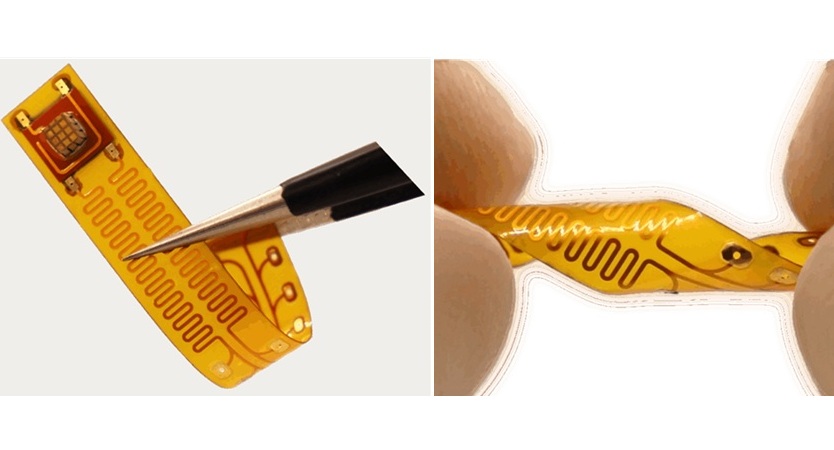
Wireless Chronic Pain Management Device to Reduce Need for Painkillers and Surgery
Chronic pain affects millions of people globally, often leading to long-term disability and dependence on opioid medications, which carry significant risks of side effects and addiction.... Read more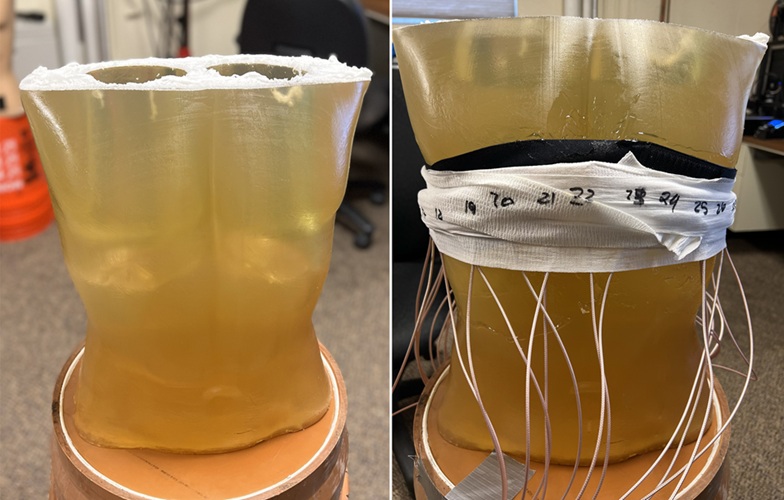
New Medical Ultrasound Imaging Technique Enables ICU Bedside Monitoring
Ultrasound computed tomography (USCT) presents a safer alternative to imaging techniques like X-ray computed tomography (commonly known as CT or “CAT” scans) because it does not produce ionizing radiation.... Read moreNuclear Medicine
view channel
Novel Bacteria-Specific PET Imaging Approach Detects Hard-To-Diagnose Lung Infections
Mycobacteroides abscessus is a rapidly growing mycobacteria that primarily affects immunocompromised patients and those with underlying lung diseases, such as cystic fibrosis or chronic obstructive pulmonary... Read more
New Imaging Approach Could Reduce Need for Biopsies to Monitor Prostate Cancer
Prostate cancer is the second leading cause of cancer-related death among men in the United States. However, the majority of older men diagnosed with prostate cancer have slow-growing, low-risk forms of... Read moreImaging IT
view channel
New Google Cloud Medical Imaging Suite Makes Imaging Healthcare Data More Accessible
Medical imaging is a critical tool used to diagnose patients, and there are billions of medical images scanned globally each year. Imaging data accounts for about 90% of all healthcare data1 and, until... Read more
Global AI in Medical Diagnostics Market to Be Driven by Demand for Image Recognition in Radiology
The global artificial intelligence (AI) in medical diagnostics market is expanding with early disease detection being one of its key applications and image recognition becoming a compelling consumer proposition... Read moreIndustry News
view channel
GE HealthCare and NVIDIA Collaboration to Reimagine Diagnostic Imaging
GE HealthCare (Chicago, IL, USA) has entered into a collaboration with NVIDIA (Santa Clara, CA, USA), expanding the existing relationship between the two companies to focus on pioneering innovation in... Read more
Patient-Specific 3D-Printed Phantoms Transform CT Imaging
New research has highlighted how anatomically precise, patient-specific 3D-printed phantoms are proving to be scalable, cost-effective, and efficient tools in the development of new CT scan algorithms... Read more
Siemens and Sectra Collaborate on Enhancing Radiology Workflows
Siemens Healthineers (Forchheim, Germany) and Sectra (Linköping, Sweden) have entered into a collaboration aimed at enhancing radiologists' diagnostic capabilities and, in turn, improving patient care... Read more












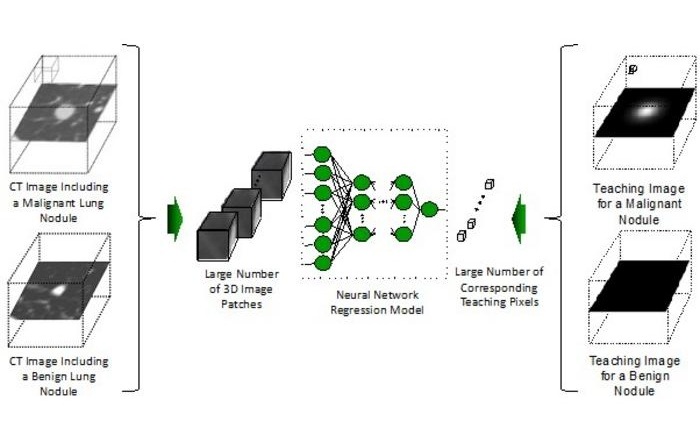
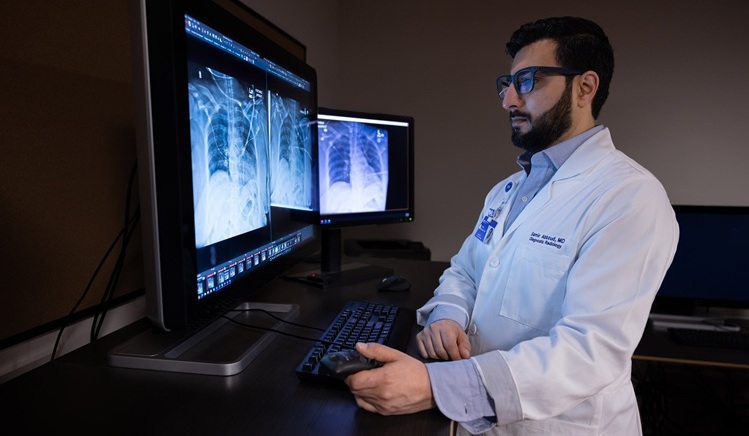

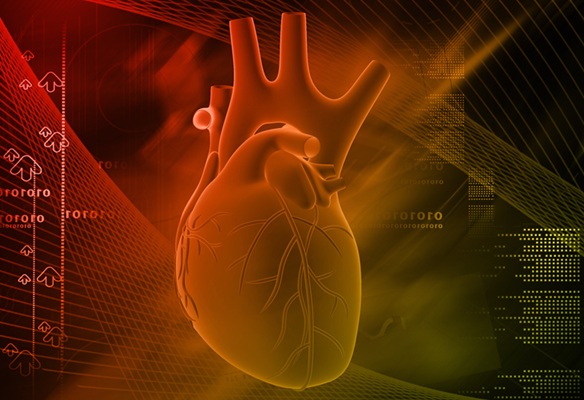

.jpeg)



